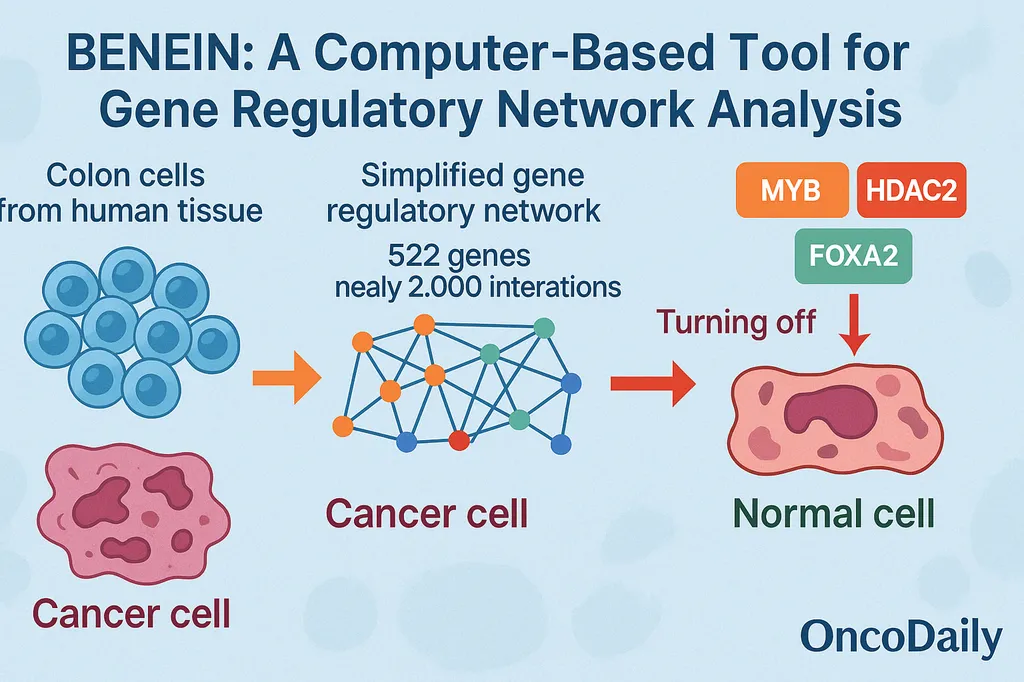In the heart of South Korea, researchers at Jeonbuk National University are making strides in the fight against mycotoxins, a pervasive threat to livestock health and agricultural productivity. Led by Dr. Jeong Woong Park from the Department of Animal Biotechnology, a recent study published in the journal *Poultry Science* (translated as *Chicken Science*) has uncovered promising avenues for mitigating the damaging effects of patulin, a common mycotoxin, on poultry muscle cells.
Mycotoxins, produced by certain fungi, can contaminate feed and pose significant risks to livestock, compromising their immune systems and overall health. Patulin, in particular, has been shown to induce cellular stress and apoptosis, hindering muscle development and differentiation. This not only impacts the well-being of the animals but also has substantial economic implications for the poultry industry.
Dr. Park’s team set out to investigate the potential of specific Bacillus strains to counteract these detrimental effects. They treated quail muscle cells (QM7) with patulin to induce cellular injury, then introduced two candidate microbial strains, *Bacillus subtilis* and *Bacillus velezensis*, to assess their protective effects.
The results were compelling. “We observed that patulin treatment significantly elevated stress-inducible gene expression and apoptosis markers, disrupting normal myoblast differentiation,” Dr. Park explained. “However, treatment with the Bacillus strains markedly reduced these negative effects, promoting a different pattern of myotube development.”
The study revealed that the Bacillus strains not only reduced stress and apoptosis indicators but also fostered a more favorable environment for muscle recovery. While the exact mechanisms underlying this recovery require further investigation, the findings highlight the potential of these microbial strains as agents for mitigating mycotoxin-induced damage in poultry.
The implications of this research extend beyond the laboratory. In an industry where even minor improvements in animal health can translate to significant economic gains, the development of effective strategies to combat mycotoxins is crucial. Dr. Park’s work offers a glimpse into a future where microbial interventions could play a pivotal role in enhancing agricultural sustainability and productivity.
As the global demand for poultry continues to rise, the need for innovative solutions to safeguard livestock health becomes ever more pressing. This study not only advances our understanding of mycotoxin mitigation but also paves the way for novel approaches to animal husbandry. With further research, the potential of *Bacillus subtilis* and *Bacillus velezensis* could be harnessed to revolutionize the poultry industry, ensuring healthier animals and more sustainable practices.
In the words of Dr. Park, “Our results offer novel strategies for enhancing animal health and agricultural sustainability.” As the scientific community continues to explore the intricate interplay between microbes and animal health, the findings from Jeonbuk National University serve as a beacon of hope for a more resilient and productive agricultural future.

